 Take a handfull of these for your grocery shopping when China and other foreign investors desert the falling $U.S. Coming soon.(Ric)
Take a handfull of these for your grocery shopping when China and other foreign investors desert the falling $U.S. Coming soon.(Ric)All Things Considered, March 24, 2009 · For years, U.S. Treasury notes have been a safe place for world governments to park their foreign currency holdings. But all of a sudden, the U.S. is running up trillion-dollar deficits.
Now, China is raising concerns about the U.S. dollar's dominant position in the world economy. The head of China's central bank this week said the world should consider creating a new international reserve currency. Russia this month took a similar position; so did a United Nations panel.
Kenneth Rogoff, former chief economist at the International Monetary Fund, says it's no coincidence that China, Russia and other countries are getting nervous.
"They realize that these Treasury bills they have might not be worth so much five or 10 years from now. There might be inflation," Rogoff says. "And so I think countries like China and Russia are starting to rethink whether there should be an international reserve currency run by some organization like the International Monetary Fund."
China earns massive reserves each year with its exports, and it has effectively tied its own currency to the U.S. dollar. If the U.S. dollar were to be displaced as the international currency, Chinese export earnings could suffer.
But Brad Setser of the Council on Foreign Relations says China is a big enough player now that it has to balance worries about its export sector with concerns about the security of its reserves.
"China is now a creditor, a major creditor, and it will start to think about its interests globally more as a creditor and less as just an exporter," Setser says.
Other countries have other reasons for backing the idea of a new international currency. They've noticed that as long as the dollar is the major safe haven, the United States can borrow hundreds of billions from the rest of the world at low interest rates. That's a big advantage for the U.S.
The United Nations Commission of Experts on International Finance Reform this week issued a report calling for a new monetary unit based on an assortment of national currencies.
Avinash Persaud, a member of the U.N. panel, says such a unit would give small countries more access to the money now being spent on U.S. Treasuries.


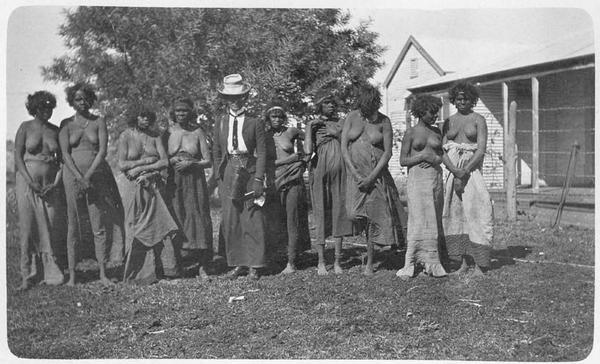






+copy.jpg)










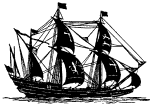





















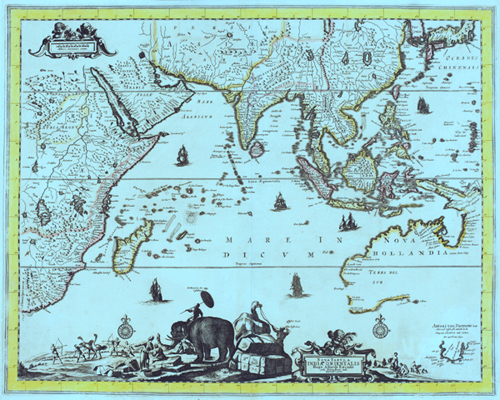

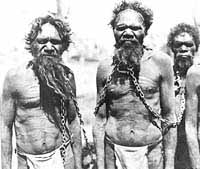
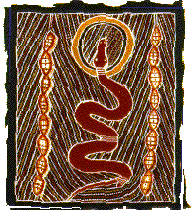


















.jpg)
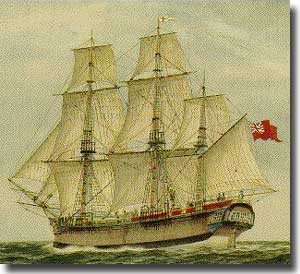





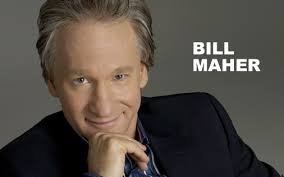



















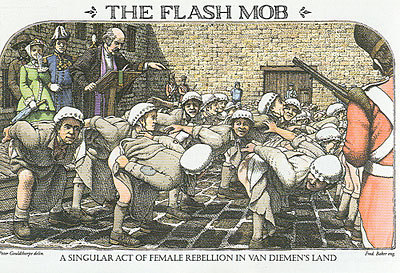
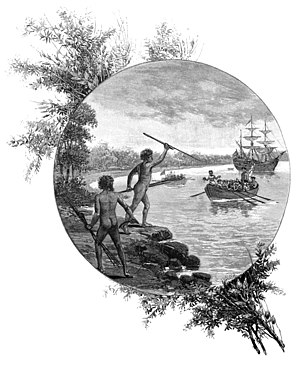 G
G







.jpg)
















No comments:
Post a Comment